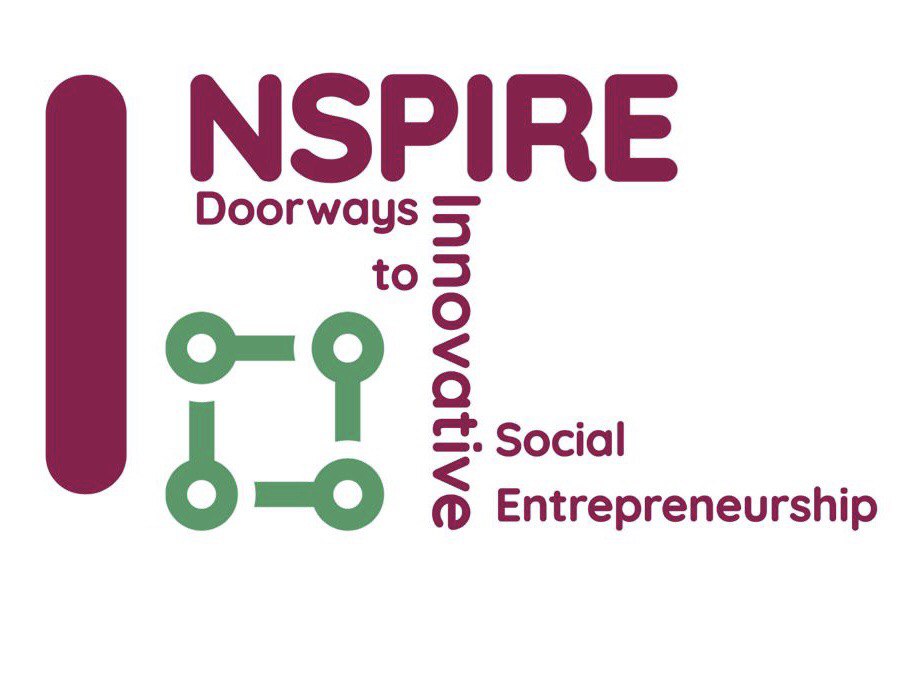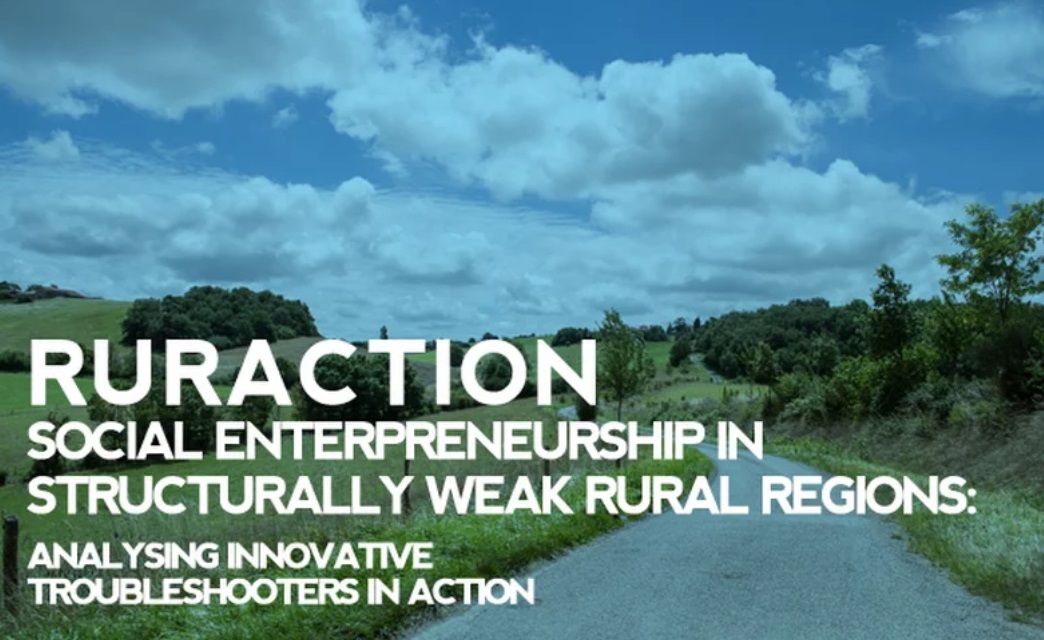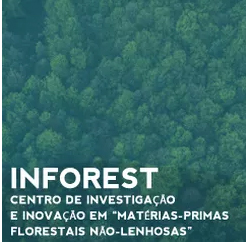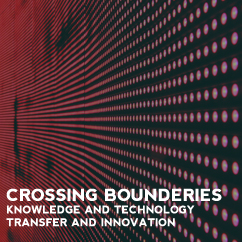Erasmus+ Educação e Formação: caracterização, análise e avaliação da qualidade das residências para estudantes do ensino superior
O estudo de caracterização, análise e avaliação da qualidade das residências para estudantes do ensino superior pretende mapear e analisar as estruturas e as condições de alojamento em residência de estudantes do ensino superior. Propõe-se abranger o universo de residências sob gestão de Instituições de Ensino Superior de todo o território nacional (incluindo regiões autónomas), universitárias e politécnicas, públicas e privadas. Exclui-se da análise os equipamentos do setor empresarial e do terceiro setor. O desenho do estudo está fundamentado numa abordagem de triangulação metodológica quanti-qualitativa.
Project Information
2023-03-03
2023-10-31
Project Partners
Innovation for Social Entrepreneurship
The iNSPIRE Social Entrepreneurs Network (iNSPIRE) project will create a learning HUB that will develop inspiring apprenticeships processes, based on the identification of transferable lessons from the formal and informal learning environment to support the development of a social entrepreneurship network in several European countries (Turkey, Portugal, Ireland, France, and Belgium).
Ireland and Belgium have already an important background in social entrepreneurship and will contribute to creating a strong partnership to support and develop a European social cluster. Evidence from Ireland and Belgium shows that social entrepreneurship demonstrates great potential for employment growth.
The iNSPIRE goal is to improve skills for social entrepreneurs and increase the potential for social enterprise creation.
The project will engage diverse stakeholders in dialogue and cooperation including non-profit associations, universities, training providers, social innovation organizations, research centers, and public agencies. It will capture the experience, including learning mechanisms, approaches to management, and networking competencies from other projects in the social field, mainly developed by the partners, for instance, capacity building.
Project Information
2021-11-01
2023-10-31
Project Partners
- BRU-Iscte (M&M)
- IT-Iscte
- DINAMIA'CET-Iscte
- Association Culturelle des Jeunes Turcs de Bar le Duc - Leader (France)
Project Information
2021-02-19
2022-02-19
Project Partners
- DINAMIA'CET-Iscte (IL) - Leader
- LNEG - (Portugal)
Sustainable Transformative Transitions (Sus2Trans)— Conciliate Accelerated Low Carbon Transitions with System Transformations
The project investigates the types of decarbonisation strategies that comply with the Paris Agreement, whose implementation requires the transformation of several sectors in addition to energy, such as mobility, construction, food and industry. This sectoral transformation raises challenges for the development of countries and regions, which have become particularly pressing as states will have to accelerate the low-carbon transition with more fragile finances and the need for economic recovery after the pandemic crisis. The research combines theories of socio-technical transitions and economic geography to identify low-carbon transition pathways with the greatest transformative potential and to investigate how countries and regions are preparing for such transformation. The focus of this research is on the type of transition strategies that are most beneficial to the economy, that is, that have the capacity to generate changes in other sectors. The project studies the possible directions of the transition and its transformative capacity, assesses the extent to which the system is preparing for this mode of transition and identifies the areas that are leading or delaying change. To this end, it will develop a typology of transformational decarbonization strategies based on a systematic analysis of the literature. The project will also search for patterns of transformation towards sustainable production and consumption already emerging at business level, and match them with the theory-derived decarbonization strategies. The results will contribute to the discussion on the processes and modes of sustainable transitions associated with the economic characteristics of the different regions. The project will also contribute to the discussion on the influence of the context as a facilitator of or constraint on some types of decarbonization strategies, as well as will identify the strategic intervention levers under which policies can intervene in order to amplify the effe...
Ocean energy technologies transformative potential
The project investigates the conditions in which the process of transition to a sustainable energy system can drive the transformation of existing (often declining) industries, a still under-researched question despite its economic and political relevance. The empirical setting is the process of construction of a new system around ocean energy technologies and its contribution to the development of the sea economy in Portugal. The project combines theoretical and empirical contributions from socio-technical transitions and economic geography to "contextualise" the development of the new system and investigate the nature and effects of its interactions with the context where it evolves. It focuses on the transformative potential of the co-evolution of the emerging system with "contiguous sectors" - i.e. existing sectors not initially involved with the technology that offer complementary competences - as processes of recombination of new and existing knowledge into new configurations may be enacted along such co-evolution, ultimately leading to the transformation of these sectors. To understand these processes requires moving beyond the usual focus on the new system and also addressing the process from the standpoint of context actors. This involves examining how system actors mobilize context actors and how the latter perceive and respond to it; and investigating the processes that take place along their interaction, the effects at both levels and the conditions that influence them. These processes are also contextualised in space to investigate the implications of their multi-scalar nature and its effects on regional development. The empirical analysis addresses the past trajectory and current situation in Portugal of two technologies - wave energy and offshore wind - and is complemented with a comparative analysis with Norway. It combines an assessment of the dynamics of interactions at system level, with an in-depth analysis of actors' behaviour, and includes thre...
Project Information
2018-10-01
2022-09-30
Project Partners
- DINAMIA'CET-Iscte (IL)
- LNEG - Leader (Portugal)
- UP - (Portugal)
Social Enterpreneurship in Structurally Weak Rural Regions: Analysing Innovative Troubleshooters in Action
The proposed RURACTION research and training network focuses on problems in structurally weak rural regions in Europe and on the impact of social entrepreneurship regarding the development of innovative solutions to problems in rural regions.
Project Information
2016-12-01
2021-01-31
Project Partners
- DINAMIA'CET-Iscte
- OTELO EGEN - (Austria)
- AMU - (Poland)
- BALLYHOURA - (Ireland)
- UAEGEAN - (Greece)
- RUC - (Denmark)
- IfL EV - (Germany)
- UCC - (Ireland)
- IRS EV - (Germany)
Inforest - Research and; Innovation Centre for "Non-wood forest raw materials"
Proposal to create an InForest Co-location Center, which integrates education, research and innovation and entrepreneurship activities, with the following objectives:1. Characterization of the forest row in Portugal, highlighting the cork oak tree including the mapping of stakeholders throughout the value chain; 2. Perception of the value of forests and forest raw materials in economic, social and environmental terms and practices associated with sustainable management and enhancement of the quality of non-wood forest raw materials (eg cork and resin) increased certification; 3. Mapping the 'innovation ecosystem' of the sector in order to identify the opportunity and development of entrepreneurial projects throughout the value chain; 4. Survey of areas not covered by research and vocational training related to the enhancement of the quality of non-wood forest raw materials, in particular production, extraction and technologies for processing cork; 5. Identification of ways to promote associativism, information gathering and coordination of stakeholders present throughout the value chain including the articulation and development of partnerships with entities related to design, architecture and other activities of an artistic and creative nature; 6. Market study for the creation of graduate and postgraduate education products and vocational training (formal and informal) on forest and forest raw materials; 7. Proposal to develop ways of disseminating knowledge about the forest and the cork oak forest through initiatives aimed at the school system (primary and secondary schools) and society in general; 8. Preparation of application to the Knowledge Innovation Community (KIC) (European Institute of Technology (EIT), 2014)
Project Information
2014-03-01
2014-09-30
Project Partners
Technological platforms and emerging business models: new modes of value creation and appropriation in the biomedical industry
This project investigated the role of technology platforms from science in the generation of variety and the mechanisms and processes by which it can be effectively exploited, that is, to generate new market opportunities and lead to economic growth. The aim was to address a crucial problem of intermediate development economies, where the weak capacity to realize the effective exploitation of new technological opportunities, translating them into a variety of innovative activity, is an obstacle to the development of science-based industries. It is also proposed that technology platforms emerging from science can play an important role in creating interdependencies, since they are spaces that foster the generation of variety and at the same time provide a focussing device to exploit this variety. This latter aspect is particularly critical in intermediate economies and therefore the project places special emphasis on the way in which the exploitation of variety can be achieved and on the role of different mechanisms of interdependence creation, ie the development of upstream links ) and downstream (market). The development process of the biomedical industry in Portugal was chosen as the empirical context. The analysis focused on how the processes of developing interdependencies lead to variety, producing technological and market outcomes and on the role of new models of value creation and appropriation in these processes. This exploratory research will also allow us to test, validate and improve our approach, providing a robust theoretical and methodological tool that can later be applied to the analysis of the industry as a whole.
Project Information
2014-02-01
2015-07-31
Project Partners
- DINAMIA'CET-Iscte
- IST-ID - Leader (Portugal)
Plataformas tecnológicas e modelos de negócio emergentes: novos modos de criação e apropriação de valor na indústria Biomédica
This project investigated the role of technology platforms from science in the generation of variety and the mechanisms and processes by which it can be effectively exploited, that is, to generate new market opportunities and lead to economic growth. The aim was to address a crucial problem of intermediate development economies, where the weak capacity to realize the effective exploitation of new technological opportunities, translating them into a variety of innovative activity, is an obstacle to the development of science-based industries. It is also proposed that technology platforms emerging from science can play an important role in creating interdependencies, since they are spaces that foster the generation of variety and at the same time provide a focussing device to exploit this variety. This latter aspect is particularly critical in intermediate economies and therefore the project places special emphasis on the way in which the exploitation of variety can be achieved and on the role of different mechanisms of interdependence creation, ie the development of upstream links ) and downstream (market). The development process of the biomedical industry in Portugal was chosen as the empirical context. The analysis focused on how the processes of developing interdependencies lead to variety, producing technological and market outcomes and on the role of new models of value creation and appropriation in these processes. This exploratory research will also allow us to test, validate and improve our approach, providing a robust theoretical and methodological tool that can later be applied to the analysis of the industry as a whole.
Project Information
2014-01-01
2015-12-31
Project Partners
Crossing Boundaries: Knowledge and Technology Transfer and Innovation
CrossingBoundaries aims to develop, through a programme of staff exchange, a new international & multi-disciplinary research community working in exploring the processes, challenges & implications on innovation performance of knowledge & technology transfer across national boundaries. This research community will focus particularly in addressing five research questions: 1. Who are the actors involved in the process of knowledge & technology transfer for the purposes of innovation across national boundaries? 2. What are the processes of knowledge & technology transfer across national boundaries & how do these differ according to the actors involved? 3. How do contextual factors (such as institutional divergence, cultural differences & geographic distance) influence the processes of knowledge & technology transfer across national boundaries? 4. How do organisational factors (such as technological capabilities, & the absorptive capacity of the firm) influence the processes of knowledge & technology transfer across national boundaries? 5. What are the implications for policy & policy transfer for innovation? The programme will contribute in the development of theoretical constructs in addressing the five research questions above, & provide an evidence base drawn from the experience of the countries involved in CrossingBoundaries that could be used to inform future research & policy. The proposed project will also develop country case studies that explore specific aspects (territorial, organisational and policy) aspects of these issues. An important aim of the programme is to create an enduring partnership and future collaborative research. This will be achieved in two ways. Firstly, the development of cross institutional doctoral supervision partnerships that will develop new researchers (augmenting the research community). Secondly, the involvement of the partner institution’s research and international officers in th...
Project Information
2012-12-01
2016-11-30
Project Partners
- DINAMIA'CET-Iscte
- University of Bradfo - (United Kingdom)
- - (Estonia)
TESS - Transition to an environmentally sustainable energy system - The role of technology-intensive firms in the commercialisation of emerging energy technologies
Project goals: This project addresses the role of emerging energy technologies in the transition to an environmentally sustainable paradigm. It focuses on the functions played by new technology-intensive firms (NTIFs) - academic or corporate spin-offs - in the process of developing research-based renewable energy technologies, and introducing them into the market, as well as on their interactions with other key actors.Methodology:Using a combination of qualitative and quantitative methods, we will address the commercialization process of new technologies, with a view to understanding:1) the role of firms originating from academic institutions or from established companies in the market introduction of renewable energy technologies;2) the type of alliances and networks they establish and the nature and behaviour of other actors they engage with (research organizations; large energy established firms, etc.);3) the impact of policies, through incentives or through the creation of a legal framework and technical infrastructures and norms;4) the impact of institutional changes, both policy induced and deriving from social behaviour changes. Our final objective is thus to uncover the roles that emerge as a result of the strategies identified their relative prevalence and the specific configurations they assume in the energy area. The impact of particular institutional contexts will be assessed through international comparisons (with Netherlands and UK). This will enable us to typify the roles played by NTIFs in the transition to a sustainable energy regime. The results of this project will contribute to on-going research on how to achieve a regime shift, as well as to an understanding of how these processes are taking place in the Portuguese energy system, providing insights to policy formulation and supporting collective action by environmentally active social groups.
Project Information
2011-03-15
2014-09-14
Project Partners
ENTSOCNET - Entrepreneurs' social networks and Knowledge acces: the case of biotechnology and IT sectors
Our goal was to understand the role of social networks of scientific entrepreneurs in the creation and diffusion of knowledge in biotechnology, with a view of contributing to the design of S&T policies regarding the interface between science and industry appropriate to intermediate development economies. There were five different stages: literature revision, two empirical research stages, a computerized simulation tryouts stage and, finally, conclusions and consequences for the implementation of public policies.
Project Information
2005-06-15
2008-06-30
Project Partners

 Português
Português





